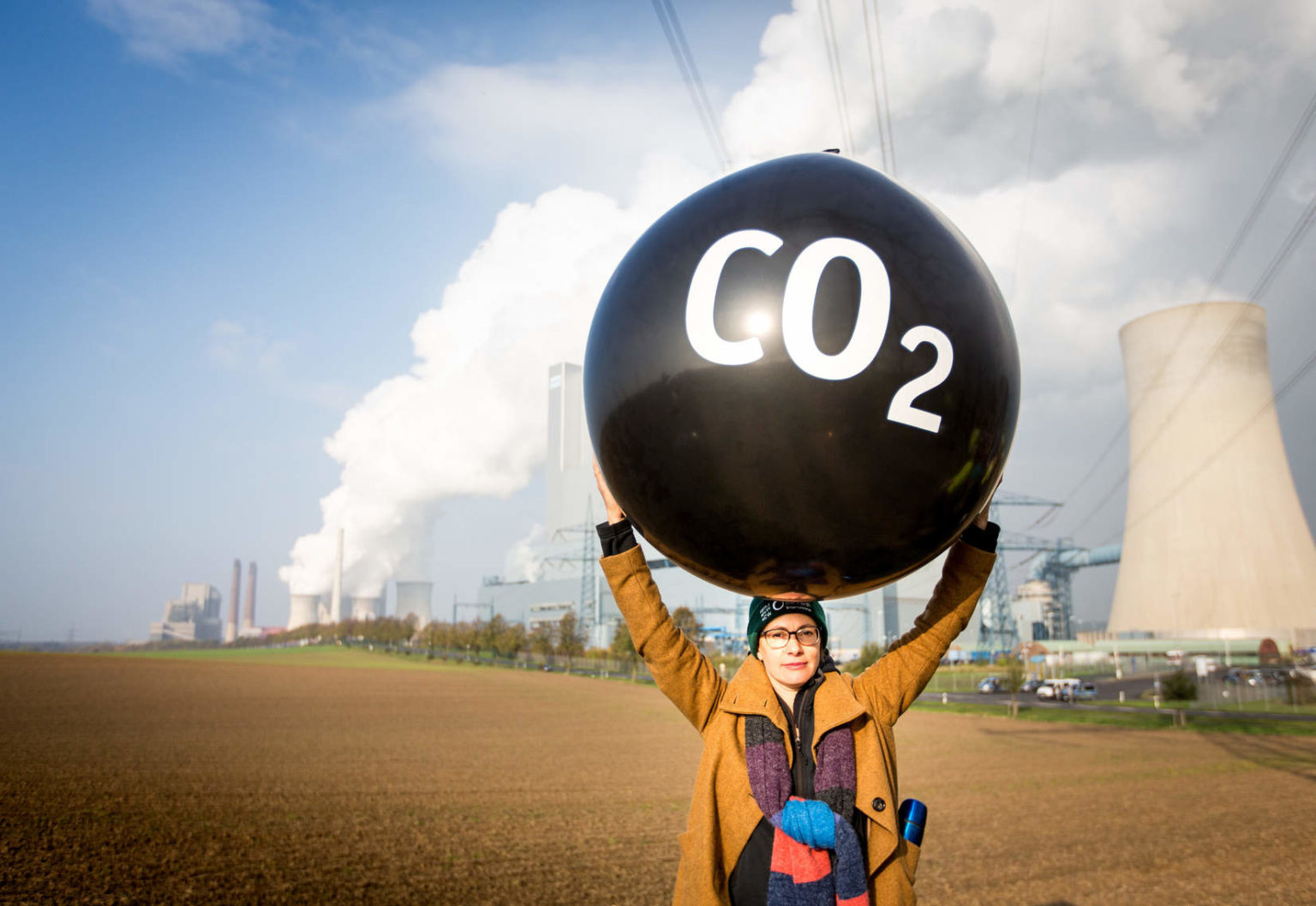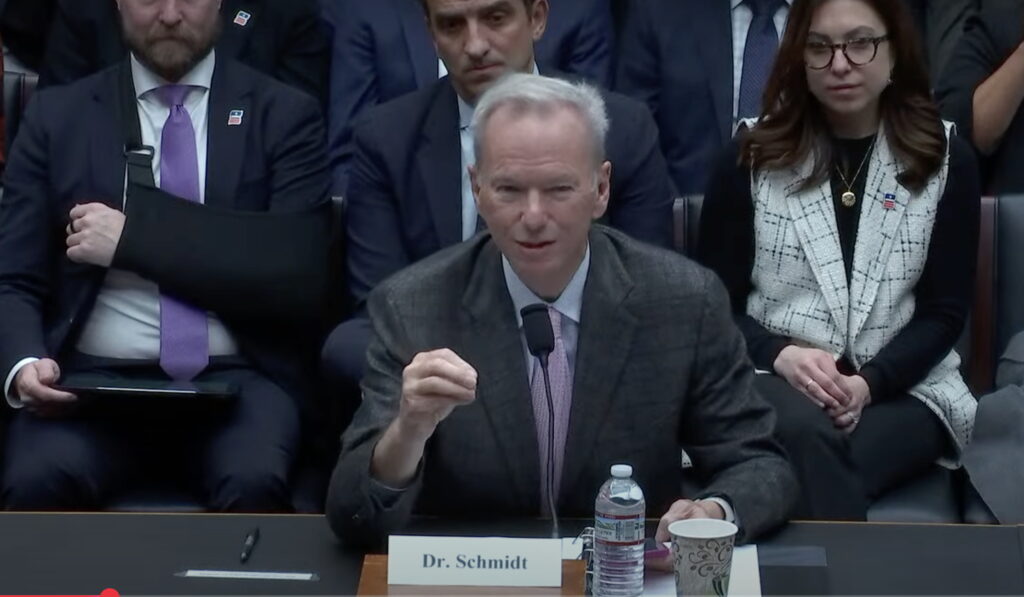BONN, GERMANY – Capitalising on the momentum of the climate talks in Bonn, the UK joined Canada to launch a “symbolically powerful” alliance of 27 countries and states committed to phasing-out coal.
While the alliance was widely welcomed in Bonn where countries are working to find global solutions to tackle climate change, environmentalists have warned the UK’s announcement was only “the start of the journey” and that the government now needed to demonstrate its leadership at home.
The Powering Past Coal alliance brings together 27 countries, states and regions committed to closing unabated coal power plants (those without carbon capture and storage technology) and was officially launched in Bonn on 16th November by the UK’s Minister for Climate Change and Industry Claire Perry and Canada’s Minister of Environment Catherine McKenna.
The announcement was nothing new for the UK but a reiteration of the government’s previous pledge to phase-out coal for electricity generation by 2025. Canada has given itself an extra five years and committed to do so by 2030.
France, Italy, the Netherlands, Belgium, Portugal, Angola, and New Zealand are among the countries which have also joined the alliance along with the Canadian province Alberta, and US states Oregon and Washington. Countries which do not rely on coal including Fiji and Costa Rica also signed up to the declaration in support of ambitious climate action.
Just the Beginning
This announcement, however, does not mean the countries’ work is done. It is just the beginning said Mohamed Adow, Christian Aid’s international climate lead. Adow described it as “watershed moment where the pioneers on this issue are assuming collective responsibility for leading the transition away from coal”. But added: “The important thing with any journey is to start”.
Phasing-out global coal use, one of the dirtiest fossil fuels, is widely considered to be a crucial step countries should take to curb carbon emissions with coal-fired power plants still producing 40 per cent of global electricity.
The UK has been a pioneer in the transition away from coal, reducing its coal use in energy production from 40 per cent in July 2012 to just two per cent this year.
Speaking in Bonn, Perry insisted this was “not a pilot project, but a very firm commitment for a major change on how we power our economies” and said she was confident many more countries would join the alliance over the coming year.
But while the UK and Canada are keen to become global leaders in cutting coal use, both countries are still backing other forms of fossil fuels such as natural gas through fracking and petroleum in tar sands which environmentalists have urged need to stay in the ground if countries are serious about limiting global temperature rise to two degrees.
Reacting to the announcement, Green Party MP Caroline Lucas remained critical and warned that a transition to low carbon economies had to see the UK government commit to renewable energy rather than fracking, which is on the verge of being given the final sign-off in the UK.
“Here in Britain it’s brilliant to see coal being swiftly phased out, but to see it replaced by fracked gas would be like taking two steps forward and one back. An energy system fit for the future will end our reliance on fossil fuels, and keep both coal and fracked gas firmly in the ground,” she said.
Her comments come as the government has been accused of “double standards” at the climate talks as its pavilion — sponsored by fossil-fuel financing bank Barclays — aimed to showcase the UK as a global climate leader while domestic policies show ongoing support for the fossil fuel industry.
Even Perry suggested the alliance was only one part of the important work countries had to do in order to reduce global emissions.
Swift End to Coal
Speaking to reporters after the launch of the alliance, Perry described achieving the commitments under the Paris Agreement as “a bit like eating an elephant” and defended the announcement as “slicing up the elephant” and showing that the coal phase-out is “something that we can and should do”.
Yet, here again much progress is needed. Indeed, while the alliance pledged “to take action to spur clean growth”, the declaration document states that partners are committed to “restricting” financing for traditional coal power stations, rather than ending financing altogether – leaving the door open for further coal investment.
For Richard Black, director of the Energy and Climate Intelligence Unit (ECIU), who described the UK’s lead in the transition away from coal as “powerful symbolism”, the alliance’s “acid test” will be to demonstrate it is able to accelerate the global coal phase-out through concrete actions.
“Bringing a swift end to finance for unabated coal is obviously one of those actions,” he added.
To be effective, Black said that the alliance led by the UK and Canada will also have to bring in some of the big coal countries such as Germany, Poland, Australia and, eventually, the United States and China.
“That’s a big challenge,” he said, “but there is goodwill already from nations vulnerable to climate impacts, and it is a question of accelerating something that’s happening anyway.”
And yet, the absence of Germany in the coalition has put the climate talks host in an awkward position with Black adding the launch of the alliance in Bonn “must be an embarrassment”.
Photo: BUND Bundesverband via Flickr | CC2.0
Subscribe to our newsletter
Stay up to date with DeSmog news and alerts







